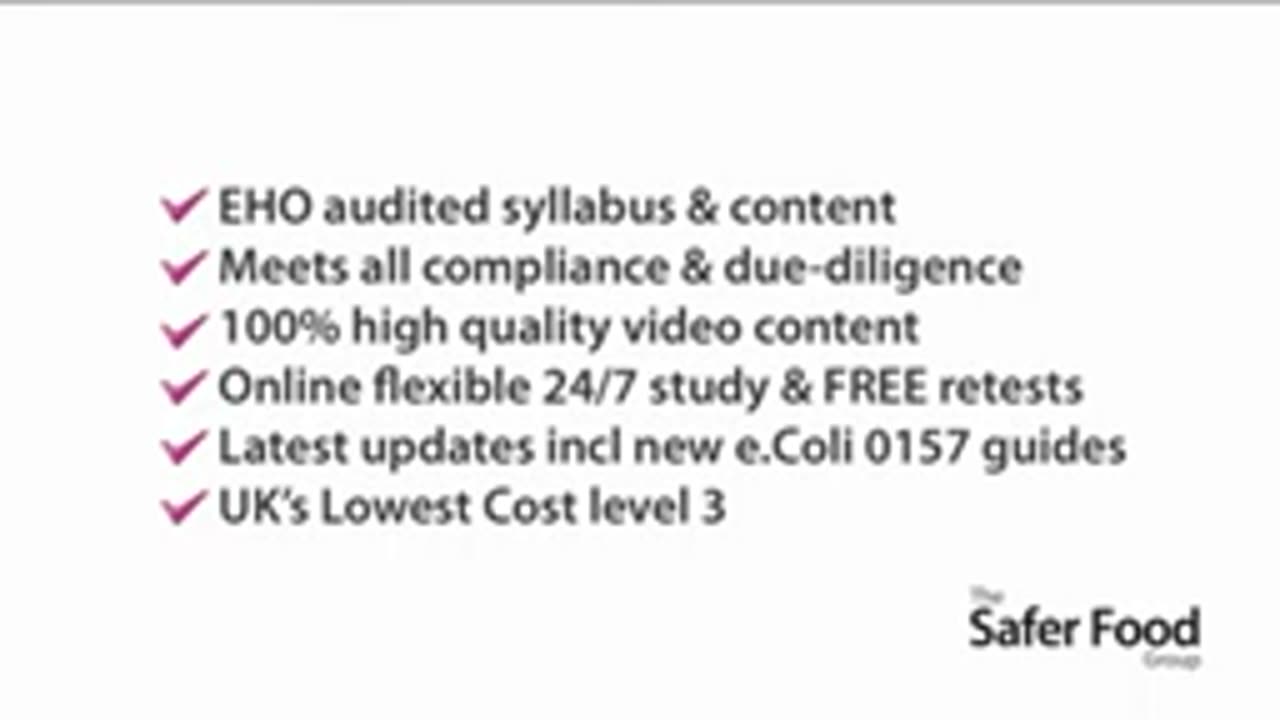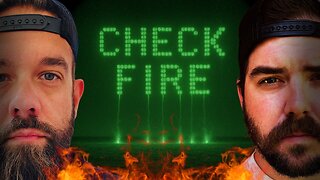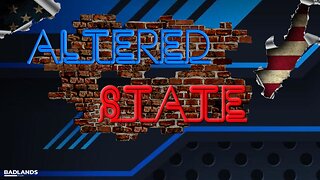Premium Only Content

Safer Food Supervisor - Level 3 Food Hygiene Certificate
The **Safer Food Supervisor - Level 3 Food Hygiene Certificate** is a more advanced qualification aimed at those who have managerial or supervisory responsibilities in a food business. This course builds on the knowledge gained at Level 2 (Food Handler) and focuses on food safety management systems, staff training, and ensuring compliance with food safety laws at a higher level. It is ideal for those working as supervisors, managers, or team leaders in food production, catering, restaurants, and other food service businesses.
### Key Topics Covered in the Level 3 Food Hygiene Certificate:
1. **Food Safety Management Systems (FSMS)**
- **HACCP (Hazard Analysis and Critical Control Points)**: Understanding and implementing the HACCP system to identify, evaluate, and control food safety hazards at every stage of food production, from sourcing raw materials to serving food.
- **Risk Assessment**: How to conduct a risk assessment and put control measures in place to minimize food safety risks, ensuring that staff follow best practices at all times.
- **Monitoring and Auditing**: Supervising and ensuring that food safety procedures are followed, including regular checks on food handling, temperature control, and hygiene practices.
2. **Staff Supervision and Training**
- **Employee Training**: Ensuring that all food handlers are adequately trained in food safety practices and have up-to-date certifications (e.g., Level 2 Food Hygiene).
- **Staff Supervision**: Managing staff behavior and performance, ensuring that food safety rules are understood and adhered to at all times.
- **Motivating and Leading a Food Safety Culture**: Encouraging a culture of food safety in the workplace by leading by example and ensuring that food safety is integrated into all operational processes.
3. **Food Safety Laws and Regulations**
- **Food Safety Act 1990**: Knowledge of the legal framework surrounding food safety, including your responsibilities as a food supervisor or manager.
- **Food Hygiene Regulations**: Understanding the specific legal requirements for food businesses, including the food premises, storage, handling, and delivery of food.
- **Enforcement and Penalties**: Understanding the potential consequences of failing to comply with food safety regulations, including fines, business closure, and damage to reputation.
4. **Hazard Control and Prevention**
- **Contamination Control**: Identifying and preventing contamination from biological, chemical, and physical hazards.
- **Cross-Contamination Prevention**: Implementing best practices to avoid cross-contamination between raw and cooked foods or between allergens and non-allergens.
- **Food Storage and Handling**: Ensuring food is stored at the correct temperature, with proper segregation of different types of food (e.g., raw foods separated from ready-to-eat foods).
5. **Food Allergens**
- **Allergen Control**: Understanding food allergens and ensuring staff are trained to prevent allergen cross-contact. This includes labeling food properly and providing allergen information to customers.
- **Allergen Risk Management**: Managing food preparation and storage to minimize the risk of allergen contamination.
6. **Temperature Control**
- **Monitoring and Managing Temperatures**: Understanding the critical temperatures for cooking, chilling, and storing food to prevent bacterial growth.
- **Corrective Actions**: Knowing what actions to take if food temperatures fall outside of safe ranges and how to rectify issues before they pose a risk to food safety.
7. **Cleaning and Hygiene Management**
- **Cleaning Schedules**: Supervising the implementation of effective cleaning and sanitation schedules to maintain hygiene standards in food preparation areas.
- **Disinfection Procedures**: Understanding how to manage disinfection procedures and how to prevent contamination by ensuring proper cleaning of equipment, utensils, and surfaces.
8. **Monitoring and Reporting**
- **Record-Keeping**: Ensuring that food safety procedures (e.g., temperature checks, cleaning schedules) are recorded and maintained. These records are essential for proving compliance during inspections and audits.
- **Internal Inspections and Audits**: Carrying out regular checks and audits of food safety procedures, identifying areas for improvement, and ensuring compliance with health and safety regulations.
### Certification Requirements:
To obtain the Level 3 Food Hygiene Certificate:
- **Training**: The course is typically taken online or in person, and it includes theoretical and practical elements of food safety. This training covers all the topics in-depth, providing a solid understanding of food safety management at a supervisory level.
- **Assessment**: After completing the course, you’ll typically need to pass an exam, which consists of multiple-choice questions, case studies, and practical scenarios.
- **Validity**: The certificate is typically valid for 3 years, after which you may need to undergo a refresher course or re-certification.
### Why Is It Important?
- **Legal Compliance**: The Level 3 certificate is often required for individuals who are responsible for managing food safety within a business. It helps ensure that businesses comply with food safety laws and regulations.
- **Risk Management**: Supervisors trained at this level can identify potential food safety hazards and take steps to mitigate risks before they result in foodborne illness or injury.
- **Customer Confidence**: It enhances the reputation of the food business, showing customers and regulatory authorities that the business is committed to providing safe, high-quality food.
- **Business Continuity**: By ensuring food safety standards are met, businesses can avoid costly mistakes such as fines, food recalls, or closures due to food safety violations.
### Career Benefits:
- **Advanced Career Opportunities**: With a Level 3 certificate, you’re positioned for roles such as food safety supervisor, manager, or even consultant in the food industry.
- **Increased Responsibility**: As a supervisor, you will be responsible for managing and enforcing food safety procedures, making you a key player in your food business’s operations.
The **Safer Food Supervisor - Level 3** certificate equips you with the skills needed to manage food safety in a complex environment, ensuring that food handling and safety practices meet legal and regulatory standards.
-
 6:54
6:54
HSESafetyInformation
7 months ago6 Must Try Breakfast recipes By Food Fusion
351 -
 LIVE
LIVE
SpartakusLIVE
6 hours agoThe Boys are BACK || The Duke of NUKE and his Valiant Knights of the Tower of POWER
275 watching -
 1:15:32
1:15:32
Tucker Carlson
3 hours agoICE Protests and Antifa Riots: Tucker Carlson Warns of Total Destruction if America Doesn’t Act Fast
38.6K172 -
 LIVE
LIVE
I_Came_With_Fire_Podcast
11 hours agoChinese Spy GETS OFF | Is Comey's Indictment Selective | Posse Comitatus Dilemma
182 watching -
 DVR
DVR
Adam Does Movies
13 hours agoTalking Movies + Ask Me Anything - LIVE
10.1K1 -
 5:46
5:46
Gun Owners Of America
9 hours agoNew Data Shows Voters Want Pro Gun Politicians
6.63K5 -
 9:22:30
9:22:30
Dr Disrespect
13 hours ago🔴LIVE - DR DISRESPECT - BLACK OPS 7 - BANG BANG BANG
129K5 -
 6:54
6:54
China Uncensored
12 hours agoA SHOCKING Discovery Proves We're Already At War With China
15.8K30 -
 LIVE
LIVE
Spartan
6 hours agoOMiT Spartan | Ghost of Yotei, Halo later maybe (Scrims chalked, teammates are sick)
57 watching -
 1:40:50
1:40:50
Badlands Media
21 hours agoAltered State S3 Ep. 49: Comey’s Reckoning, Bad Bunny’s Marxist Roots & the Madness of the Left
31.4K7
